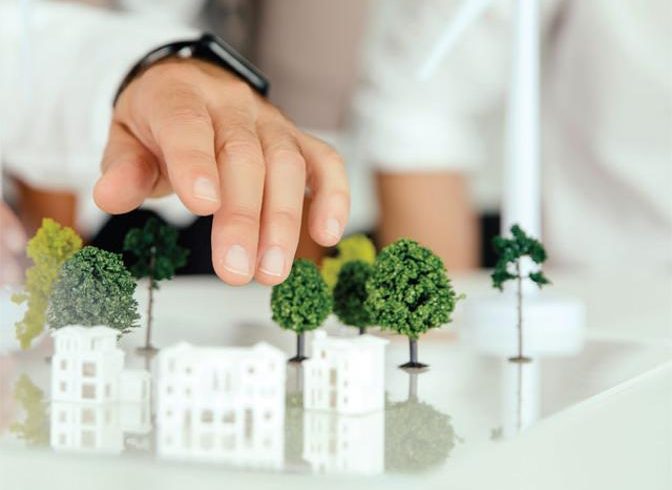
BENGALURU: The real estate sector will be one of the biggest beneficiaries under the GST regime, he said, in his address to members of trade and commerce, chartered accountants and other professionals. Apartments will be taxed at 12% under the GST regime which Adhia said might be beneficial to home buyers.
Flats in Karnataka currently have a works contract component under the State VAT laws that are taxed at 4% on the total value of the contract under the composition scheme, or at 14.5% on the value of the material with input tax credits. There is a separate 15% tax on the services that are availed — like architect or transport — for building the apartment, and the same goes to the government of India.
The finished apartments will come under the 12% tax rate under the GST regime, and according to Adhia, they will effectively become cheaper after factoring in the input tax credit the developers are going to get.
The Revenue Secretary mentioned that quite a few construction materials and appliances that are used in building an apartment will come under 28% tax under the GST regime, while the end product itself are taxed at a lower 12% GST.
The developers are going to claim input tax credit against the GST payable, and may not have any more tax liability as they would have already paid higher rates of tax. This will have a sobering effect on the tax incidence, said Adhia, who is at the forefront of creating the GST framework said.
Adhia also clarified that the GST Council brought goods and services under different rates after taking a weighted average of prevalent rates across the country. In the process, GST rates will either go up or down depends on their prevailing tax rates.
A former VAT official at Karnataka’s Commercial Taxes department said there are fineprints to be read in the government’s claims. A homebuyer currently pays VAT and service tax on the price of a flat minus land costs, but the GST regime seeks to tax the entire product at 12%. Earlier, the government of India never had the power to tax the land value, but the GST regime empowers it to tax land value component of the flat as well. In addition, if there is any excess input tax credit (input tax is higher than end tax) the government will not refund the excess tax paid.
In case a developer sells an apartment minus land costs, then the flat is taxable at 18% under the GST which again is beneficial to the Centre. As of now, there is no excise duty on many inputs like bricks, sand, jelly stones etc., but under the GST regime the Centre will get a share of levies on them.
Credai Bengaluru president J.C.Sharma said GST is unlikely to have any influence on home prices as much as market sentiments and customer demand. Input costs have gone up in the last three years, but the industry has not been able to pass on to customers due to market conditions.






